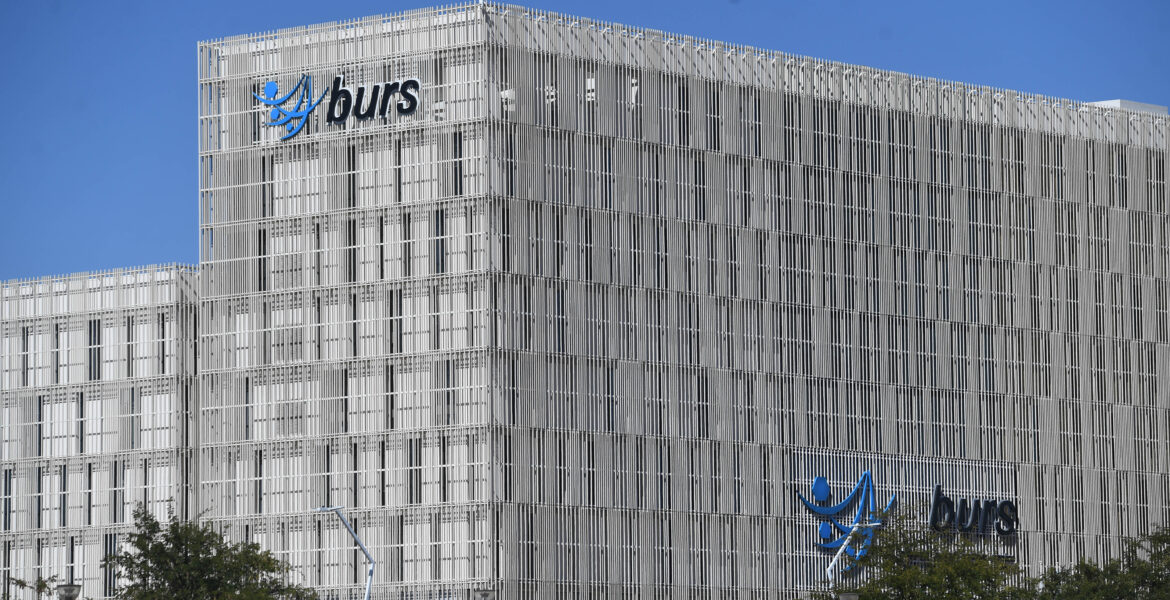• BURS goes ahead with digital stamps for alcohol and tobacco product
• Serame, BURS snub industry and sign 10-year deal with US firm?
• BAIA and BB believe alcohol and tobacco prices will go up
• BURS is itself divided on digital stamp
The Botswana Unified Revenue Services (BURS) is at odds with the local alcohol industry over its introduction of a multimillion pula fiscal marking and digital tracking solution for tobacco and alcohol products sold in the country. Yesterday, Texas-based Company Authentix announced that it had entered into a 10 year deal with BURS for a fiscal marking and digital tracking solution for tobacco and alcohol products sold in Botswana.
Safe products
According to information derived from the company’s website, the “digital tax stamp programme is aimed at preventing illicit trade and counterfeits while also ensuring that citizens receive genuine and safe products”. It further states that the digital track and trace system will boost tax revenue collections levied on manufacturers and importers by increasing industry compliance, reducing illicit trade, and preventing underreporting of volumes.
Consultations
Suspended BURS operations commissioner Phodiso Valashia recently told the media that the decision to introduce the new system followed six-year consultations with both the alcohol and tobacco industries. This is because one of BURS’ biggest concerns has been the smuggling ofalcohol and tobacco products into the country. Despite this, the local alcohol industry has complained that there has never been any impact assessment study undertaken to ensure that the industry and the trade in general will not be adversely affected by the new system. A letter dated 16 June 2022 and copied to the Minister of Finance and Economic Development and the Commissioner of the BURS from Business Botswana requesting further consultation on the introduction of the track and trace system elicited no reply.
Keebine sees unintended consequences
In the letter, the president of Business Botswana Gobusamang Keebine warned that the system’s implementation could have complex and unintended consequences not only for the alcohol and tobacco industries but also for the economy as a whole. “Business Botswana and the industry are concerned that the proposed reforms will not address identified challenges but, in
fact, exacerbate them because introducing fiscal marks is a costly solution,” Keebine wrote. “Consequently, compliant industries will be forced to pass on the cost of tax stamps to the consumer by increasing prices, decreasing output, and eventually restructuring their businesses. The illicit/informal market, on the other hand, will grow to fill the gap which will exacerbate tax evasion and not mitigate it as intended.”
Tanzanian experience
“Furthermore, tax stamps’ contribution to the government’s revenue vis-à-vis the costs of implementation will not be as positive as projected, as we have seen with the experience.” So controversial is the system that it has divided BURS itself, with some concurring with BB that it is likely to make tax compliance a lot more complicated. Infact, this publication is informed that the deal was done without the input of the compliance division of BURS. Said a source at the tax authority: “The IMF has warned against trackers, saying that there are no solutions to non-compliance. The best way of dealing with such a matter is to strengthen compliance checks, not track and trace
devices. The company that has been engaged is the one that is going to benefit the most.” Some within the tax authority are also perplexed as to how BURS agreed to a 10-year contract in its initial contract.
Perplexed
Botswana is believed to be importing over 500 million alcoholand tobacco units per year. This deal means that Authentix will be responsible for tracking each and every unit for a fee for the next 10 years. The Commissioner General of BURS, Jeanette Makgolo, has said she was not aware of any complaints regarding the issue but iterated that the project came into existence as a result of industry stakeholders’ complaints about counterfeit products. She could not be drawn into discussing further details but emphasised that proper channels and consultative processes were followed in awarding of the project.

